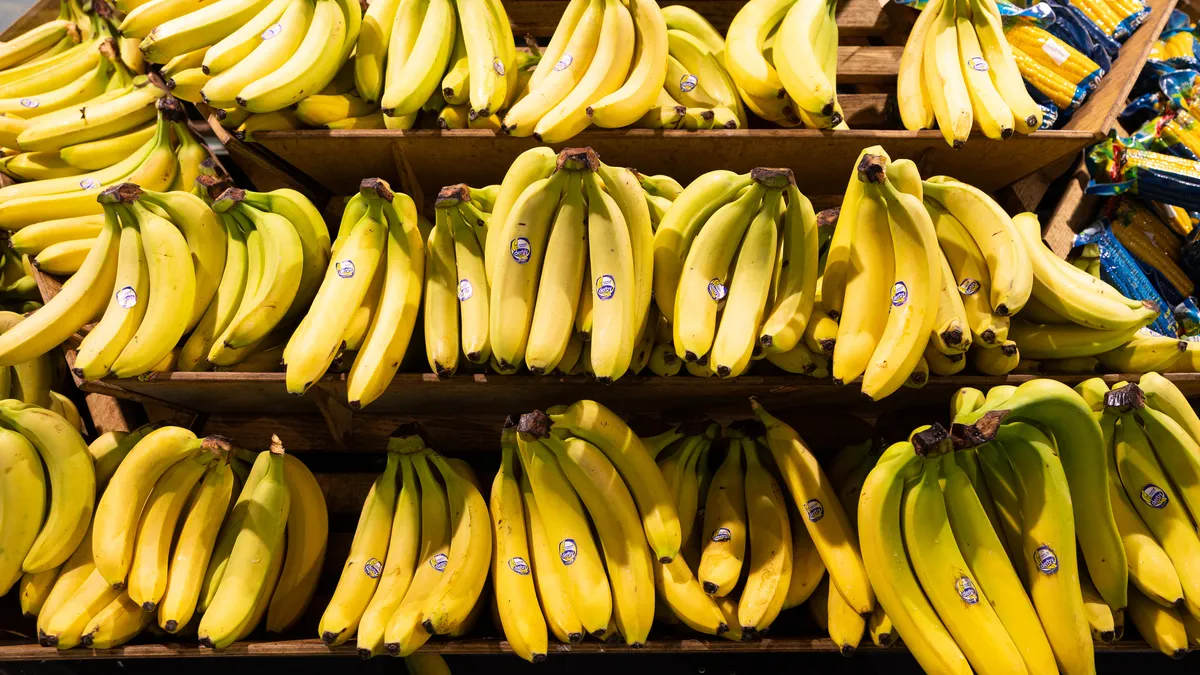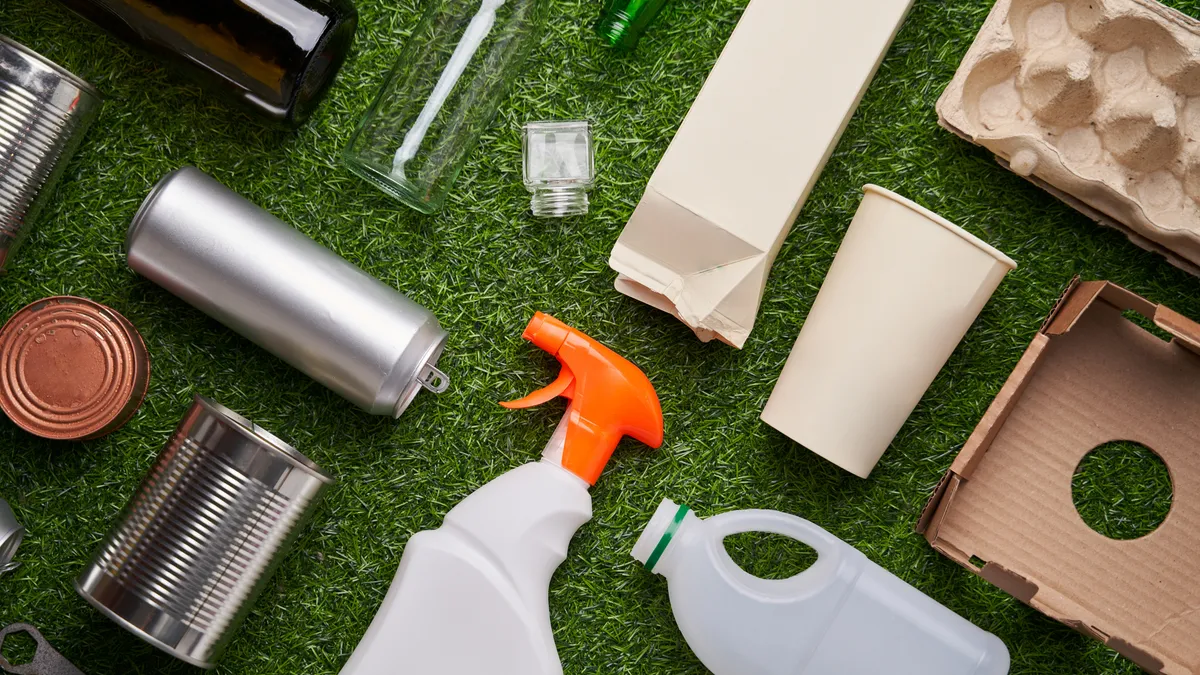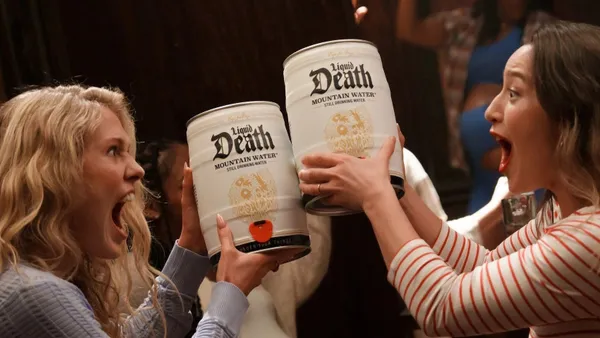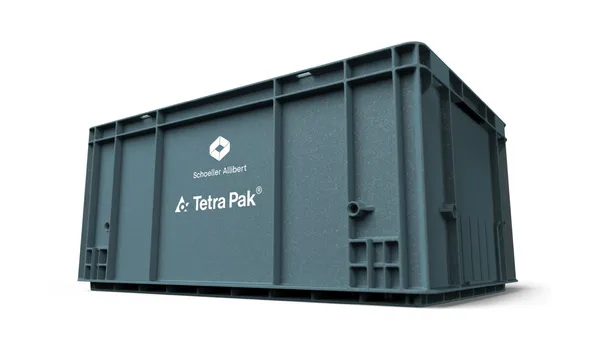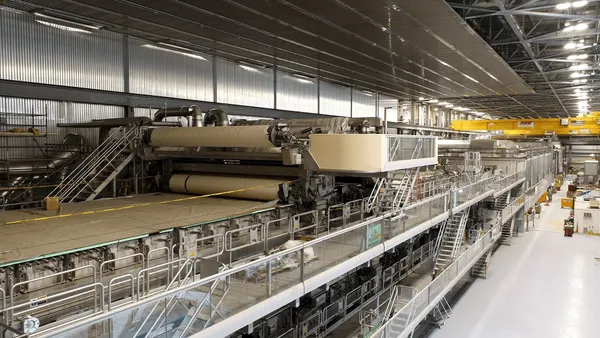The U.S. Plastics Pact has expanded the list of “problematic and unnecessary” materials it recommends be phased out from use in packaging, according to a report it released Wednesday.
USPP first published the list in early 2022. Initial items and materials on the list, which included straws, cutlery, carbon black, certain label constructions and intentionally added PFAS, have a goal phaseout date of end of 2025. Under a newly revised road map, USPP is aiming to eliminate all items on the expanded list by 2030.
The U.S. Plastics Pact has more than 130 participants — including Amcor, Coca-Cola, Colgate-Palmolive, Eastman, General Mills, L'Oréal USA, The Reusable Packaging Association, Target and Walmart — which it calls activators. Following a majority vote among activators in April, the results of which had not been publicly announced until this week, the U.S. Plastics Pact added the following items to the list:
- Foamed PET (including micro-foaming and foamed layers for the purpose of lightweighting when they interfere with sortation and density requirements per the Association of Plastic Recyclers’ design guide)
- Non-compostable produce stickers
- Multimaterial film or bags for general merchandise (non-food items or dry goods that do not have a stated shelf life or best before date)
- Multimaterial bags for certain foods (bread; cereal; fresh and frozen fruit; fresh and frozen vegetables — cook-in-bag products excluded)
- Multimaterial rigid plastic packaging (exception: multimaterial rigid thermoforms)
- Secondary multimaterial film or bags for individually wrapped items (such as shrink wrap or an outer bag)
- Multimaterial pallet stretch wrap
USPP also updated the portion of the list addressing additives. The original list sought to phase out oxo-degradable and oxo-biodegradable additives by 2025. The expanded list broadens that to degradable and biodegradable materials that are not certified compostable, which also includes bio-assimilating and photodegradable materials used in plastics packaging.
In the report, USPP also listed certain items that the group still has questions about and that could be evaluated in 2026, the next time USPP will convene activators to potentially update the list. Those items include multi-material rigid thermoforms; non-compostable plastic beverage pods; produce, bulk and single-use shopping bags; and certain small-format packaging like small bottles and loose bottle caps.
In general, the group tries to be mindful of not creating unintended consequences, said Crystal Bayliss, USPP’s director of strategy and engagement. She offered the example of how, in some cases, eliminating barrier or multimaterial film could increase the potential for food waste or general product waste.
“Those learnings fed into the evaluation list, which were items for which we think there could be a pathway to circularity, or, if we eliminated them now, there could potentially be worse consequences than using them,” she said. “We're holistically thinking through the issues and not making rash decisions to eliminate one problem and cause another.”
The group has a process in place to reconsider a material’s status and remove it from the list if it shown to meet the definition of reusable, recyclable, or compostable. To date, no materials have been removed, said Jonathan Quinn, USPP’s recently appointed CEO.
Looking back since the list was released more than two and half years ago, labels remain a challenging hurdle. But one win since the list’s inception has been increasing awareness and prioritization among packaging engineers of mitigating how labels disrupt the recycling process, said Bayliss.
Quinn pointed to USPP’s recent resources like the release of its design for circularity playbooks. “We're not just throwing a list out there. We're giving tools and creating a toolbox and playbooks in order to help make the drive toward the circular economy collaboratively feasible,” he said.
USPP emphasized in a press release that the updated list “comes at a critical time, as the U.S. government has recently shifted its position to support global targets that limit virgin plastic production, aligning with the U.S. Pact's mission to advance a circular economy.”
The Biden administration also indicated it’s open to negotiating a potential list of chemicals to phase out, along with criteria for a potential list of problematic or avoidable plastic products.



